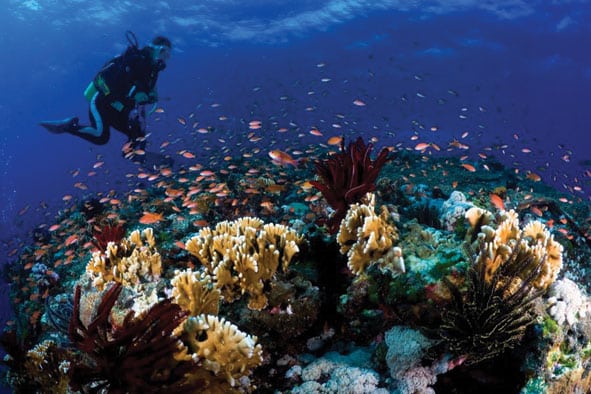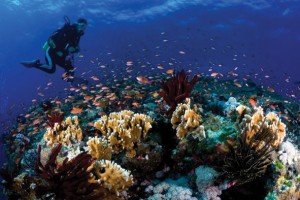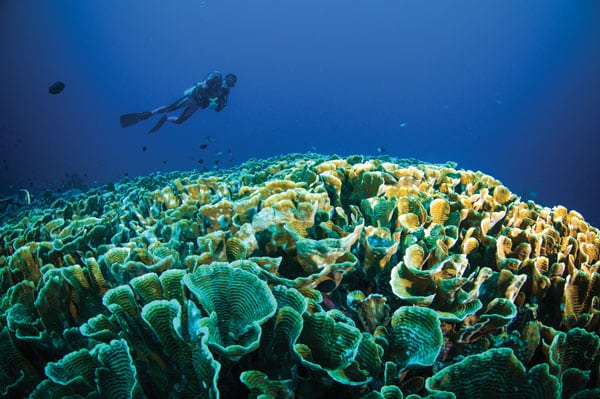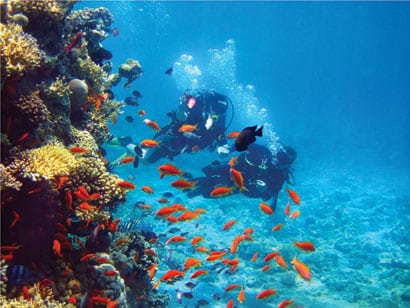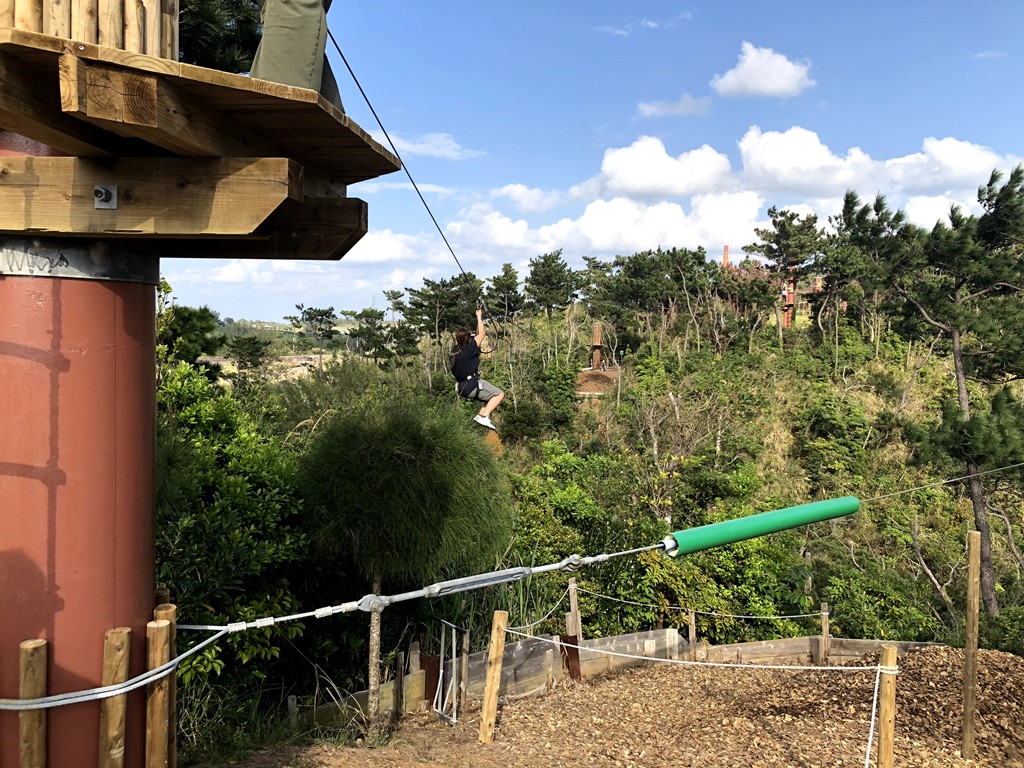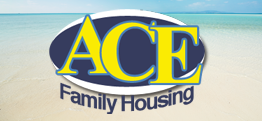The weather is finally warming up and dive season is about to really get rolling. For those looking to get certified or to advance their training so they can enjoy more challenging dives, this season is the time to do it. Remember when choosing your instructor that all classes and training are not created equal and an instructor’s experience and training is very important to ensuring your safety. There are numerous important considerations to take into account when choosing your instructor for your open water certification or follow on classes.
There are various agencies to choose from, NAUI and PADI are the two largest and best known. NAUI courses normally include more dives and water time than their PADI equivalents. Some instructors will even add extra dives or water time to further exceed the minimum standards for their courses. Interview your instuctor before signing up for their course – a few key questions to ask:
1. What is the average dive time for dives in your course? You learn to dive by diving, individual dives should be at least on average 35 minutes or more.
2. Will we be kneeling on the bottom learning skills or hovering? Diving is a sport done while neutrally buoyant – skills should be taught hovering not sitting or kneeling on the bottom.
3. What is the instructors experience level? When is the last time they themselves took a dive class to improve their skills? Dive instructors should have a wide breadth of experience with 100’s of dives in various conditions – beach, boat, cold water, warm water, high current and more. Instructors should also be taking classes on a regular basis to keep their skills sharp.
Reef Encounters expert staff with a combined experience of over 16,000 dives and 30 years of diving experience is ready to offer you the training needed to make your underwater experience truly amazing. Open water classes start daily with no extra charges for elearning so your schedule is always our schedule. Reef Encounters is also the only shop on island offering a full range of advanced classes to include specialities in advanced DPV, drift diving, wreck diving and full technical certifications to increase the depth of the diving experience.
Don’t just be certified – be qualified – train with the best.
![]()

